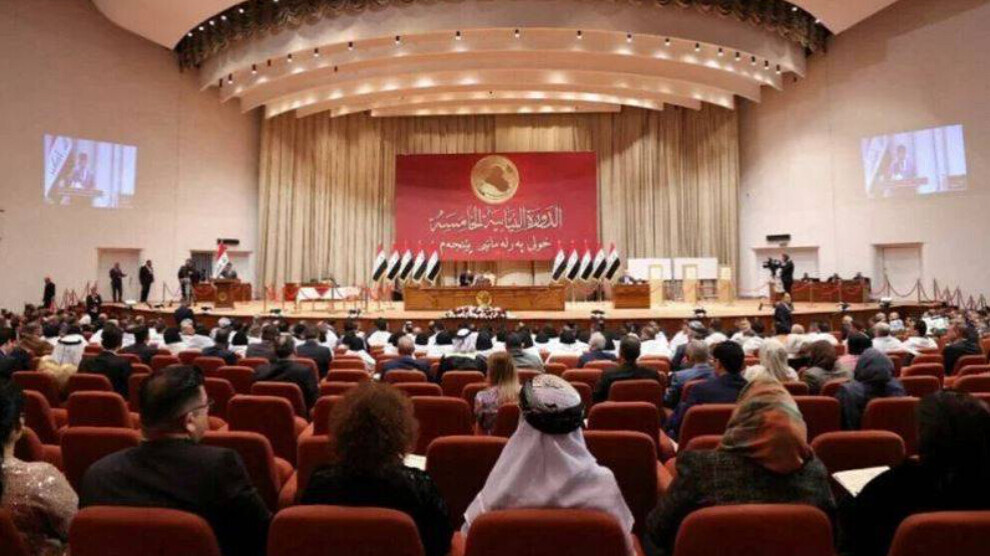Iraqi parliament speaker Halbousi resigns amid political stalemate
Iraqi parliament speaker Mohammed al-Halbousi resigned from his post. The parliament will hold its first session on Wednesday since the protests on August 29.
Iraqi parliament speaker Mohammed al-Halbousi resigned from his post. The parliament will hold its first session on Wednesday since the protests on August 29.

Mohammad al-Halbousi, who served as the speaker of the Iraqi Parliament for two consecutive terms, announced his resignation from his post on Tuesday.
The Iraqi parliament will convene on Wednesday to vote on Halbousi's resignation. It will hold its first session since the violent protests on August 29.
Halbousi, a major ally of the Sadrist movement, plays an inevitable role in the Iraqi political contest.
According to political observers, Wednesday's vote will be a vote of confidence in favour of Sunni official Halbousi based on a new alliance.
The Iraqi political scene has been facing a stalemate recently. Political leaders have been at odds over the name and election of a new prime minister since the October 2021 elections.
The parliament held its previous session on July 23. A few days later, followers of Shiite leader Muqtada al-Sadr occupied the parliament and staged a sit-in in the parliament's yard for a month.
At the end of August, tensions escalated further following clashes between the supporters of al-Sadr and the pro-Iranian Hashd al-Shaabi militia. More than 30 Sadr supporters were killed during the clashes.
EXPERTS SAY HALBOUSI RESIGNED TO RESTORE TRUST
According to political experts, Halbousi was reluctant to resign. It is claimed that Halbousi's aim is to get rid of attempts to impeach him by receiving strong support from his supporters through a vote of confidence. To put it differently, he wants to restore trust.
Sajad Jiyad, a political scientist at the Century International think tank, told AFP that Halbousi’s resignation was a way to “consolidate his position as the political leader of the Sunnis and to put pressure on the Shiite and Kurdish parties to step up the formation of a new government”.
In the current situation, two major parties are fighting to establish dominance in Iraqi politics. On the one hand, the Sadrist movement demands general elections following an immediate dissolution of the parliament. On the other hand, the Framework Coordination, which includes pro-Iranian groups, is pressing for a government before the elections.